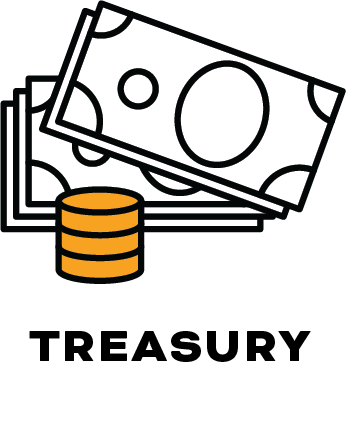What type of receipts does the IRS require?
- Tax Geaks
- Dec 5, 2020
- 2 min read
Updated: Jun 11, 2022
You may choose any recordkeeping system suited to your business that clearly shows your income and expenses. The business you are in affects the type of records you need to keep for federal tax purposes. Your recordkeeping system should include a summary of your business transactions. This summary is ordinarily made in your business books (for example, accounting journals and ledgers). Your books must show your gross income, as well as your deductions and credits. For most small businesses, the business checking account is the main source for entries in the business books.
Some businesses choose to use electronic accounting software programs or some other type of electronic system to capture and organize their records. The electronic accounting software program or electronic system you choose should meet the same basic recordkeeping principles mentioned above. All requirements that apply to hard copy books and records also apply to electronic records.
Supporting Business Documents
Purchases, sales, payroll, and other transactions you have in your business will generate supporting documents. Supporting documents include sales slips, paid bills, invoices, receipts, deposit slips, and canceled checks. These documents contain the information you need to record in your books. It is important to keep these documents because they support the entries in your books and on your tax return. You should keep them in an orderly fashion and in a safe place. For instance, organize them by year and type of income or expense.
The following are some of the types of records you should keep:
Gross receipts are the income you receive from your business. You should keep supporting documents that show the amounts and sources of your gross receipts. Documents for gross receipts include the following:
Cash register tapes
Deposit information (cash and credit sales)
Receipt books
Invoices
Forms 1099-MISC
Purchases are the items you buy and resell to customers. If you are a manufacturer or producer, this includes the cost of all raw materials or parts purchased for manufacture into finished products. Your supporting documents should identify the payee, the amount paid, proof of payment, the date incurred, and include a description of the item to show that the amount was for purchases. Documents for purchases include the following:
Canceled checks or other documents reflecting proof of payment/electronic funds transferred
Cash register tape receipts
Credit card receipts and statements
Invoices
Note: A combination of supporting documents may be needed to substantiate all elements of the purchase.
Expenses are the costs you incur (other than purchases) to carry on your business. Your supporting documents should identify the payee, the amount paid, proof of payment, the date incurred, and include a description of the item purchased or service received that shows the amount was for a business expense. Documents for expenses include the following:
Canceled checks or other documents reflecting proof of payment/electronic funds transferred
Cash register tape receipts
Account statements
Credit card receipts and statements
Invoices
Note: A combination of supporting documents may be needed to substantiate all elements of the expense.






Comments